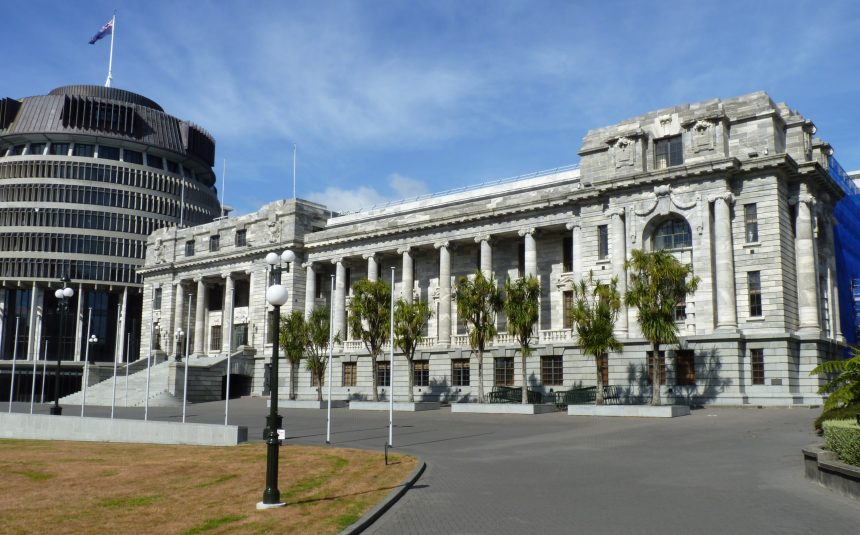In an unprecedented disciplinary action, three members of New Zealand’s Te Pāti Māori have been suspended from Parliament for performing a haka during a protest against the controversial Treaty Principles Bill. This marks the harshest penalty ever imposed on sitting MPs in the country’s history.
The Protest and Subsequent Suspensions
On November 14, 2024, during the first reading of the Treaty Principles Bill, Te Pāti Māori MPs Rawiri Waititi, Debbie Ngarewa-Packer, and Hana-Rawhiti Maipi-Clarke performed a haka in the parliamentary chamber. The protest was aimed at opposing the bill, which sought to redefine the principles of the Treaty of Waitangi, New Zealand’s founding document. The haka disrupted proceedings and was deemed by some as an act of intimidation towards other members.
Following an investigation by Parliament’s Privileges Committee, it was recommended that Waititi and Ngarewa-Packer be suspended for 21 days, while Maipi-Clarke receive a 7-day suspension. The committee concluded that their actions constituted contempt of Parliament. These suspensions are the most severe disciplinary measures ever taken against New Zealand MPs.
Reactions and Controversy
The suspensions have sparked significant debate. Te Pāti Māori condemned the decision, stating that the punishment was “grossly unjust, unfair, and unwarranted,” and accused the committee of targeting Māori cultural expression. They argued that the haka was a legitimate form of protest and that the disciplinary process lacked cultural sensitivity.
Opposition parties, including Labour and the Greens, also criticized the severity of the penalties, suggesting that they were disproportionate and could set a concerning precedent for the treatment of Indigenous expressions within governmental institutions.
The Treaty Principles Bill and Public Response
The Treaty Principles Bill, introduced by the ACT Party, aimed to reinterpret the principles of the Treaty of Waitangi, which has long been a cornerstone of Māori rights in New Zealand. The bill faced widespread opposition, with critics arguing that it would undermine decades of progress in recognizing and upholding Māori rights.
Public backlash was swift and significant. Massive protests ensued, including a nine-day march to Wellington and the largest race relations protest in the nation’s history. Ultimately, the bill was defeated in its second reading, with a parliamentary vote of 112 to 11 against it.
Implications for Māori Representation
The suspensions of the Te Pāti Māori MPs have raised concerns about the space for Indigenous voices and cultural expressions within New Zealand’s political landscape. Advocates argue that such disciplinary actions could deter Māori participation and expression in governmental processes.
As the nation continues to grapple with its colonial history and the path toward genuine biculturalism, the incident underscores the ongoing tensions between institutional protocols and Indigenous rights. The debate over the appropriate avenues for protest and cultural expression within formal political settings remains a contentious and evolving issue in New Zealand’s democracy.










